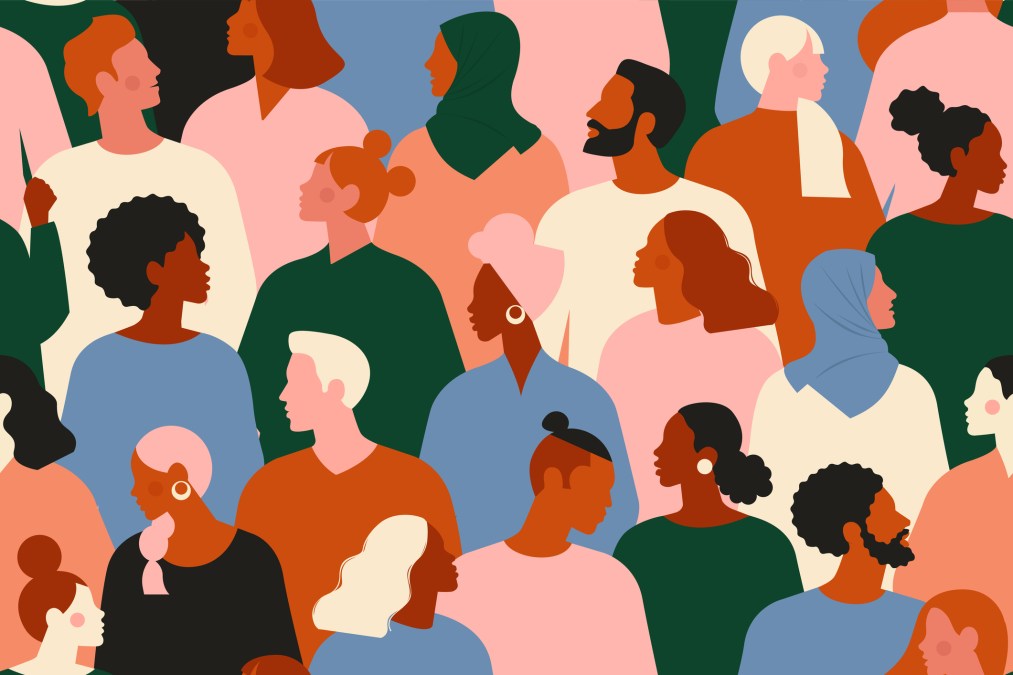Universities must encourage discourse on racism, pandemic, said educators

As colleges and universities prepare for the fall semester — deciding how or if students should return to campus — a top priority is finding ways to reconstruct a sense of community and foster student engagement around the many challenges currently facing the United States, administrators said in a webinar Wednesday.
And although some institutions are gearing up to begin in-person instruction this fall, whether or not students will be allowed back on campus is still a mystery to many institutional leaders.
“Many universities haven’t made a decision,” Mark Schlissel, University of Michigan president, said during a webinar hosted by the University of California on expression and engagement during COVID-19. “We haven’t announced a decision yet either.”
The virus is going to remain a challenge for at least a year and possibly significantly longer, he said, and while living though a health crisis that demands students, faculty and university leadership to remain socially distant, being able to bring the campus community together in new and innovative ways is critically important.
“Community building is… it feels harder,” Schlissel said. “It feels much less personal.”
That’s why, he said, universities need to learn how to live with this virus rather than wait it out.
“There’s such a need for the community to come together right now,” said UC Berkeley School of Law Dean Erwin Chemerinsky.
More than classroom material
If students were on campus right now, they would be coming together to discuss issues of the pandemic, sharing ideas on how to address challenges facing their community, as well as engaging in discussion and taking action over issues of racism and policing in the United State that have gripped the nation’s attention in recent weeks, Chemerinsky said. But with students unable to convene on campus in-person, it is going to take deliberate action on the part of university leadership to organize virtual spaces and programs where students can come together and get involved with these important issues, he said.
Chemerinsky said he, along with the law school’s students and faculty, have a unique opportunity to take action and help their community, rather than just study and analyze the current events as learning material.
In respect to the financial impact that the pandemic has had on businesses, Chemerinsky said: “We have a hundred law students working with small businesses to help them apply for funding.” And with a growing demand for political reform to stamp out racism in the U.S., he said it is critical that students have means to take action and affect change.
“I think it’s very important that we provide to our students and our faculty and our staff, the opportunity for actions, and we need to provide those opportunities in order for people to be able to get involved,” he said.
Setting up virtual meeting places for discussions about these issues, like Zoom calls, webinars, Q&A sessions and social media channels, will also help students get involved and provide chances to engage with each other and their greater communities, he said.
‘Part of the promise’
Lauren Robel, Indiana University’s provost, said the pandemic has allowed her to think about community-building in a different way than before.
“I’m thinking about how absolutely precious our time together is now,” she said. “I think there’s a real opportunity for us to rethink, with an enormous intentionality, the precious time we have with our students in class.”
Universities should not only support academic learning for students, she said, but give them the opportunity involve themselves in meaningful discussions with new people, citing public conversations about racism that have unfolded in recent weeks.
“One of the great hopes for public higher education is the ability to bring people together from all kinds of backgrounds,” Robel said. “I mean, that’s a huge part of the promise of public higher education.”
Although the immediate future of education is still uncertain as the pandemic continues, finding new ways to foster community and open inclusive dialogue is critically important, all the speakers agreed.
And once in-person instruction does start back up, Chemerinsky said, the lessons learned during this disruptive time are only going to improve education as a whole.
“It gives us another tool in our toolbox that we can use,” he said.




